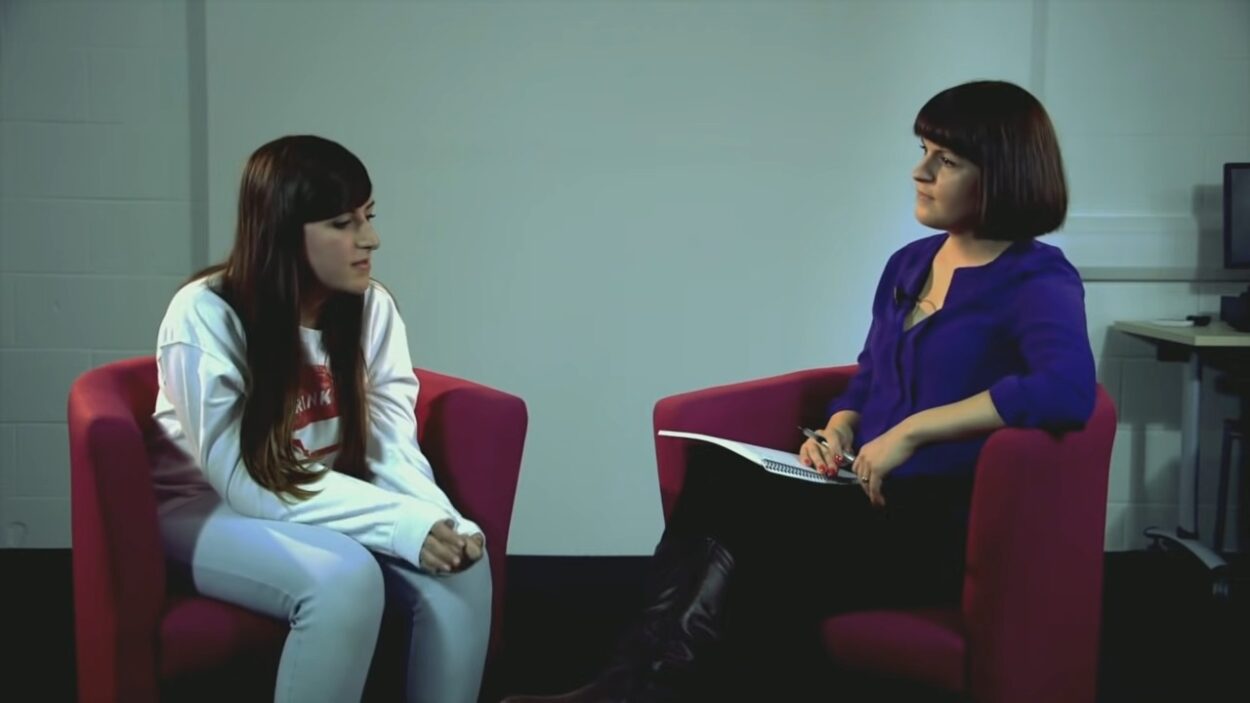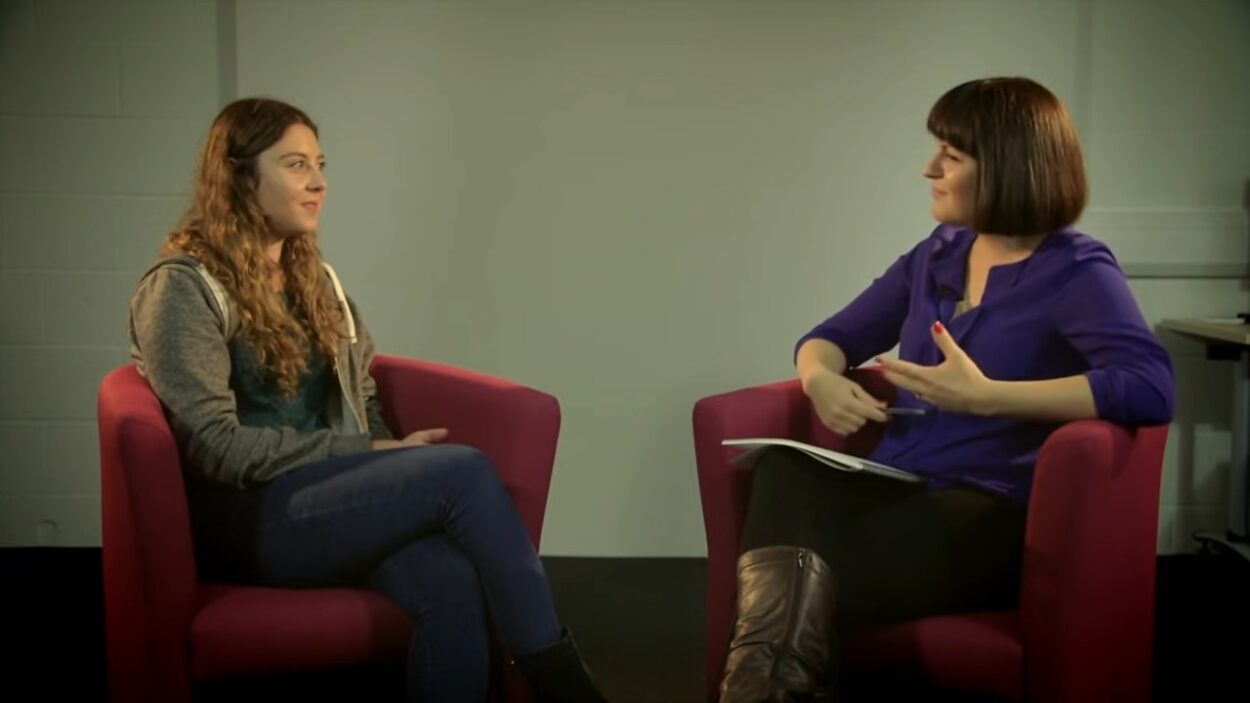Depression is a common and serious mental health condition that affects how a person feels, thinks, and acts. It can cause persistent feelings of sadness, hopelessness, guilt, and worthlessness, as well as physical symptoms such as fatigue, insomnia, appetite changes, and pain.
Depression can interfere with a person’s daily functioning and quality of life, and increase the risk of suicide.
The key is to choose the right approach in your relations and behavior towards the teenager. One of the best solutions is to consult with experts. We also have to mention the online platform that is offering free resources, MentalHealth.com.
Keep in mind that it can be very challenging. You may feel helpless, worried, frustrated, or guilty about your child’s situation. There are also other potential issues, such as difficulties in communicating, understanding, and finding the best ways to help. Here is a guide that will help you to become the right support for your kid.
How to Recognize the Signs?
Depression can manifest in different ways, depending on the person and the severity of the disorder. The most common signs are:
- Persistent or frequent mood changes, such as sadness, irritability, anger, or anxiety
- Loss of interest or pleasure in activities that used to be enjoyable, such as hobbies, work, or socializing
- Sleeping problems, such as insomnia, oversleeping, or waking up too early
- Changes in appetite or weight, such as eating too much or too little, or gaining or losing weight
- Physical symptoms, such as fatigue, headaches, backaches, or digestive problems
- Cognitive symptoms, such as difficulty concentrating, remembering, or making decisions
- Feelings of guilt, worthlessness, or hopelessness
- Thoughts of death or suicide, or suicide attempts
If you notice any of these signs, you should not ignore them or assume that they will go away on their own. Depression is a serious condition that requires Seasons Malibu mental health specialists to provide professional help for diagnosis and treatment. Without proper treatment, it can worsen over time and lead to more serious consequences.
Possible Causes or Triggers
Some of the common factors that can contribute to depression include:
- Stress, such as from work, school, family, or personal issues
- Trauma, such as from abuse, violence, accidents, or loss
- Genetics, such as having a family history of depression or other mental disorders
- Biological factors, such as hormonal changes, brain chemistry, or medical conditions
- Environmental factors, such as exposure to toxins, pollution, or seasonal changes
Proper Communication is Essential

How you communicate with your child can have a significant impact on their mood, self-esteem, and willingness to seek help. Here are some tips on how to communicate with your adult child about depression:
- Let your child know that you care about them and that you are there to support them. Avoid using harsh or accusatory words, such as “You are lazy”, “You are selfish”. Instead, use empathic and compassionate words, such as “I am worried about you”, “I understand how you feel”.
- Avoid blaming, criticizing, or minimizing their feelings. Do not assume that you know what your child is going through or that their depression is caused by something they did or did not do. Do not compare their situation to others or tell them to “snap out of it” or “cheer up”.
- Give them space and time to open up, and do not interrupt or judge them.
- Validate their feelings by saying things like “That sounds really hard”, “I can see why you feel that way”, or “You have every right to feel angry/sad/scared”.
- Ask open-ended questions and avoid giving unsolicited advice. Open-ended questions are questions that require more than a yes or no answer, such as “How do you feel about that?”, “What do you think caused this?”, or “What do you need from me?”
Recommend a Therapy

This can also be quite difficult depending on relations between you. The problem can be even worse if the kid denies that it needs help in the first step. In that case, you will need to go slow, with a step-by-step approach, where the main focus is on building more trust.
Try to explain that depression is a common and treatable condition, and that there are many effective options available, such as medication, psychotherapy, or a combination of both.
Emphasize the benefits of getting treatment, such as improving their mood, functioning, and well-being. You can also share your own experiences or stories of others who have successfully overcome depression with professional help.
Do not force or pressure your child to accept a certain type of treatment. Allow the kid to make its own decisions and respect that. Show that the kid is not alone in his path to treatment.
How to Find a Good Therapist?

There is a wide selection of both online and traditional options available. While it can be an advantage, the process of selection could become more complicated.
One of the most important factors is to make sure that the expert has enough experience in helping teenagers. The approach cannot be the same for adults and younger ones. Therefore, the level of expertise is essential, while you can check other details later.
Don’t ever focus on the price. A cheap service may only try to attract more clients, while it cannot provide the same counseling as an option that is more expensive. However, making the first step is the most challenging, which is to convince the kid that therapy is needed.
You can also test different options. For instance, if you are not sure how it will all work, start with a free therapy that you can find online. Combine that with additional materials that you can find on your own. Most of them can serve as a great first step that will help the kid understand that further therapies are the only way to get better.
The Bottom Line
As you can see, the most important detail is the approach. It is common that the person with this issue will refuse help and try to convince everyone around that there is nothing wrong. Forcing anything in such a case can only lead to even worse results.
If you are not sure how to face the whole situation, you can always consult with an expert to determine the best way to ensure the right assistance and support.














